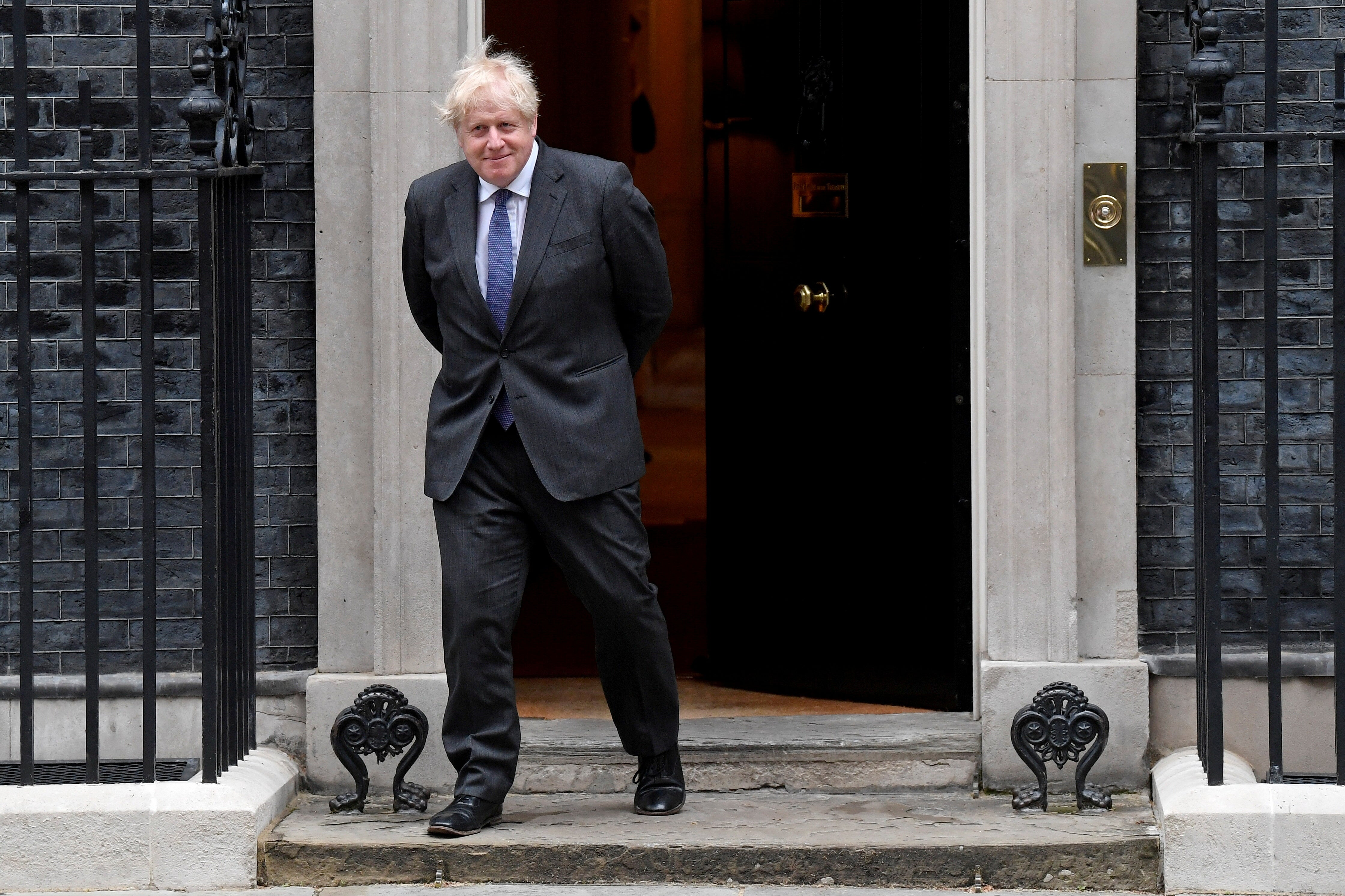Judge blocks legal challenge over government ‘failure’ to investigate potential Russian election interference
Judge says claims the government is legally obliged to publicly probe claims are ‘unarguable’ in court

A bid to launch a legal challenge over the government’s alleged failure to investigate potential Russian interference in British elections has failed.
Following a hearing at the High Court on Tuesday, a judge ruled that the case brought by a cross-party group of MPs and peers was “unarguable”.
Mr Justice Swift refused to give permission for a full hearing of their case, adding: “The claimants’ concerns exist at the level of politics, not as a matter of law.”
Six politicians and advocacy group The Citizens argued that Boris Johnson had unlawfully “failed to act compatibly with his public law duties in refusing to establish a public inquiry” over alleged Russian interference.
The case is believed to be the first time that sitting MPs or peers have taken legal action against the government on the grounds of national security.
The claimants are Labour MPs Chris Bryant and Ben Bradshaw, Green MP Caroline Lucas, Conservative peer Baroness Wheatcroft, Scottish National Party MP Alyn Smith and Liberal Democrat peer Lord Strasburger.
Their lawyers told the High Court a report released last year by the Intelligence and Security Committee of Parliament (ISC) found “credible evidence” of attempts to interfere with the UK’s electoral processes from at least the time of the EU referendum in 2016.
They argued there had been no independent or comprehensive investigation of the issue, and that decision was a breach of the European Convention on Human Rights (ECHR).
Tessa Gregory, a solicitor who represented the claimants for Leigh Day, said they were considering their options to appeal Tuesday’s ruling.
She added: “Our clients continue to believe that the prime minister’s failure to investigate Russian interference in our electoral processes places the government in breach of its legal duty to safeguard our democracy and our right to free and fair elections, and that this is a matter on which the court should adjudicate.”
Mr Bryant called the court’s decision “extraordinary”, while Ms Lucas said it was “very disappointing”.
“It has left hanging evidence that suggests that Russia certainly tried to influence key votes in this country, but no clear idea if they succeeded,” she added.
“We need the answer to this if we are to build trust in our democracy and will continue to pursue it.”

Lord Strasburger said the group would “keep going” and Baroness Wheatcroft said: “If the government won’t voluntarily investigate threats to the integrity of our electoral system and the courts won’t compel them to do so, our democracy is in peril.”
The claimants’ barrister, Richard Hermer QC, said publicly available evidence “overwhelmingly supports the proposition that we in this country have been the subject of determined and sophisticated attacks whose very purpose has been to undermine the integrity of our electoral processes”.
“The UK has been and remains one of the top targets for Russian efforts to interfere with the integrity of our elections,” Mr Hermer added.
He told the court that despite “strong” evidence of attempted Russian interference in the 2016 EU referendum and the general elections in 2017 and 2019, the government has “not shown any concern and has not investigated these serious allegations”.
Mr Hermer said the risk of foreign interference in elections poses a “real threat to democracy and the rule of law” and without an effective investigation “there is an unacceptable risk of repetition”.
He argued that the ECHR places a legal obligation on the government to “investigate hostile state interference in the democratic process”.
Sir James Eadie QC, representing Mr Johnson, argued that the ECHR “imposes no duty to order an independent investigation into Russian interference in the UK’s electoral processes”.
Sir James added: “There are serious principled objections to a legal duty upon the state to investigate supposed interferences with an election which are not said to have altered its outcome.
“It risks engaging state bodies in an exercise likely to be perceived as serving politically partisan ends, whether that is an outgoing government casting doubt on the legitimacy of an election it has lost, or an incoming government seeking to defend the legitimacy of its election victory.”
The ISC report, published last July, found the government should have recognised the threat that Russia would seek to influence voters “as early as 2014”, when the referendum on Scottish independence was held.
It also found that Russia was spreading fake news and attempting to influence political events “for a wide range of purposes”.
The committee said they include a “general poisoning of the political narrative in the West by fomenting political extremism and ‘wedge issues’, and by the ‘astroturfing’ of western public opinion”.
Following publication of the report, the prime minister said there was “no country in the western world that is more vigilant in protecting the interests of this country or the international community from Russian interference”.
Additional reporting by PA
Join our commenting forum
Join thought-provoking conversations, follow other Independent readers and see their replies
Comments




Bookmark popover
Removed from bookmarks